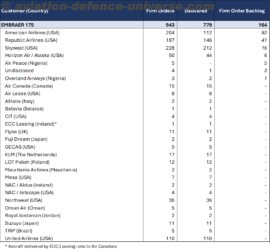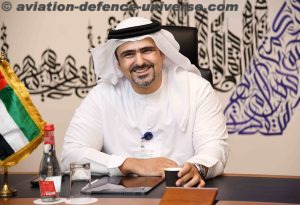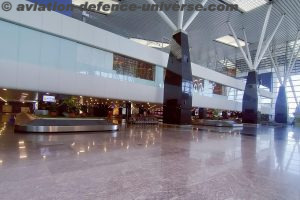Geneva . 05 July 2020. The International Air Transport Association (IATA) welcomes the decision by the Council of the International Civil Aviation Organization (ICAO) to use 2019 as a baseline for the Carbon Offsetting and Reduction Scheme for International Aviation (CORSIA). In 2022, the ICAO Assembly will consider if further amendments are necessary to address the impacts of COVID-19 to ensure the successful implementation of the scheme.
Airlines are committed to reducing net emissions to half 2005 levels by 2050. This commitment is unchanged. CORSIA is a vital step in that direction, enabling carbon-neutral growth that will stabilize net emissions from international aviation at 2019 levels (580 million tonnes of carbon).
Originally, the CORSIA baseline calculation was agreed to be an average of 2019 and 2020 emissions. The ongoing and unprecedented COVID-19 crisis has seen a precipitous drop in demand for air transport of more than half compared with 2019. As a result, the CORSIA baseline would have been severely skewed if 2020 emissions were used for the calculation. This does not weaken the impact of CORSIA. By excluding the extraordinary COVID-19 events of 2020, airlines will stabilize their emissions at levels anticipated when CORSIA was agreed by ICAO’s 193 member states in 2016.
Today’s decision is important because, at a time of extreme volatility, it provides immediate certainty and a clear path forward for the successful implementation of CORSIA. CORSIA is a critical step towards achieving the industry’s long-term strategy to address climate change by reducing its carbon emissions.
“Airlines are committed to carbon neutral growth through CORSIA. Today’s decision to remove 2020 from the baseline calculation marks a pragmatic way forward that maintains the intent, spirit and impact of the CORSIA agreement. And it gives all stakeholders the confidence to focus on successfully delivering CORSIA and achieving our long-term emissions reduction goals, even in this time of crisis,” said Alexandre de Juniac, IATA’s Director General and CEO.
“Aviation was the first industry sector in the world for which governments agreed a global carbon offsetting measure. Airlines know that sustainability is their license to grow. They fully support CORSIA as the single global mechanism for offsetting aviation’s international emissions. Even with the financial hardship facing the industry as a result of COVID-19, the world’s airlines have not lost sight of their emission reduction goals,” said de Juniac.

































































































































